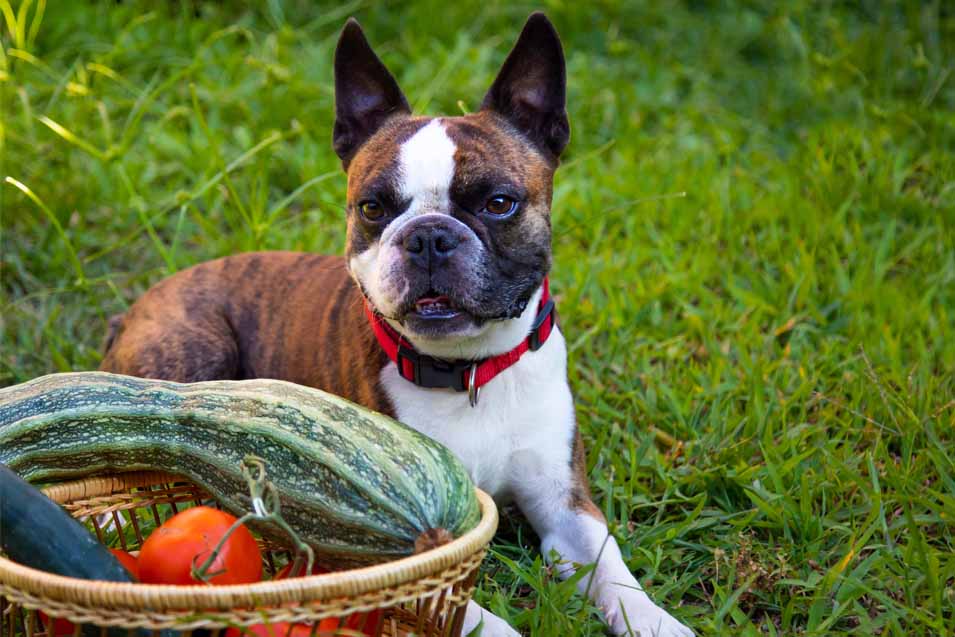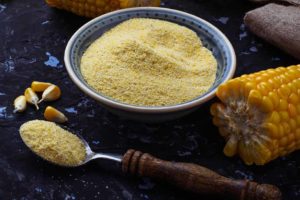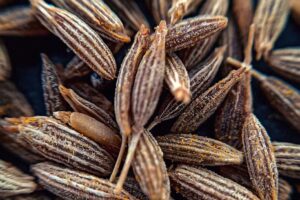If you like to plant zucchini in the summer but you’re overwhelmed by all of the vegetables produced, you’re in luck. Zucchini is one of the vegetables that is very safe to share with your dog. In fact, you may have trouble keeping your dog out of your garden! That doesn’t mean you can let your dog stuff himself with this delicious green veggie. Learn more about zucchini below.
Nutrition
The zucchini is a member of the squash family. However, unlike most of the squashes, the zucchini was not developed in the Americas. It didn’t appear until the 19th century when it was developed in Italy. “Zucchini” is the plural masculine diminutive form of “marrow” in Italian. Zucchini are closely related to the vegetable known as a marrow.
As for the zucchini, it is low in calories, fat, and sugars. It is a very good source of dietary fiber, vitamin C, vitamin K, riboflavin, vitamin B6, folate, magnesium, potassium, and manganese. It’s also a good source of protein, vitamin A, thiamin, niacin, phosphorus, and copper. Rather remarkable for a summer squash!
It has 73 percent carbohydrates, 9 percent fats, and 18 percent protein. One cup of chopped zucchini contains 19.8 calories, 4.2 grams of carbohydrates, 1.4 grams of dietary fiber, 0.2 grams of fat (and more omega-3 fatty acid than omega-6 fatty acid), and 1.5 grams of protein.
Zucchini has good portions of vitamin C, riboflavin, vitamin B6, folate, potassium, and manganese.
Zucchini is also rich in antioxidants such as carotenoids. Carotenoids can help your eyes, skin, and heart. They may be beneficial against some kinds of cancer. Zucchini skin has the highest levels of antioxidants so think twice before peeling your zucchini!
Zucchini can also be good for digestion. It is high in water which helps mitigate constipation. It also contains both soluble and insoluble fiber. Since it is a good source of fiber and low in carbohydrates, zucchini may be helpful for diabetics, helping to stabilize blood sugar levels.
With vitamin C and beta-carotene, along with the antioxidants lutein and zeaxanthin, zucchini can also help eye health.
Can You Give Your Dog Zucchini to Eat?
Yes, dogs can eat zucchini. It is safe to eat raw, boiled, steamed, pan-fried, or baked. (Deep frying is not good for your dog because of the oils and calories.)
Ripe zucchini is usually reasonably soft but firm and easy to chew so it’s not much of a choking hazard. It’s still a good idea to chop or cut up the zucchini in smaller pieces for your dog just to be safe. If your dog is stealing zucchini out of your garden, try to keep an eye on him to make sure he doesn’t choke on a large piece.
If you notice that any zucchini you eat is very bitter, it could contain compounds called cucurbitacins which can be toxic. It’s very unlikely to find these toxins in any commercial varieties of zucchini or any vegetables you buy at the grocery store but you might notice them if you plant zucchini near ornamental pumpkins or other ornamental plants (or where those plants were planted in the past). In that case there can be some contamination of the zucchini. Cucurbitacins are steroids put out by the plants to protect them from predators by making the plants bitter and possibly toxic. If you notice a bitter taste in zucchini, do not eat it. Pull up the plant and keep your dog from eating any of the zucchini from the plant. Cooking does not remove these toxins. Don’t plant zucchini near ornamental pumpkins or gourds.
We don’t recommend that you give your dog foods like zucchini bread since it can have spices and other ingredients that can be harmful to dogs. It’s best to only give your dog plain zucchini without added herbs, spices, or other ingredients. Keep foods simple for your dog.
Since zucchini is low in fat and calories and provides good fiber, it also makes a good treat for dogs that need to lose weight.
How Much Zucchini Can You Give Your Dog?
Zucchini is generally safe for dogs to eat but that doesn’t mean you should let your dog stuff himself with it. Treats and snacks should only make up about 10 percent of your dog’s diet. You should consider zucchini a treat or snack.
It’s always a good idea to know how many calories your dog needs per day. There are lots of calorie counters online to help you figure out your dog’s daily calories, based on his weight. Take 10 percent of that amount to know how many calories he can have in treats and snacks. Then reduce his regular daily calories by the number of calories he eats in treats and snacks so he doesn’t put on weight.
For example, if your dog weighs 30 pounds he might need a little less than 900 calories per day. That means he could have up to about 90 calories in treats and snacks. Since one cup of chopped raw zucchini contains 20 calories, he could theoretically have about four cups. That could be too much zucchini for your dog so you always need to use your best judgment.
Most dogs can eat zucchini without any problem but eating too much can lead to problems such as digestive upset. It’s best to be cautious. Always start out by giving your dog just a small amount to make sure he can tolerate the food. If he likes it and it doesn’t upset his stomach, you can gradually let him have a little more over time.
How Often Can You Give Your Dog Zucchini?
Since zucchini is a healthy food for dogs, if your dog enjoys it and he doesn’t have any digestive problems from eating it, you could give him a moderate amount two or three times per week. We don’t recommend that you give your dog enough zucchini to change the nutrient balance in his regular dog food. Keep the zucchini as a treat only.
Conclusion
Most dogs really enjoy zucchini and zucchini is a safe, healthy food for dogs. You can give your dog raw zucchini or steam it, boil it, pan fry it, or bake it. Leave the peel on the zucchini for more antioxidants. Zucchini is low in fat and calories so it’s even a good treat for dogs that are overweight.






